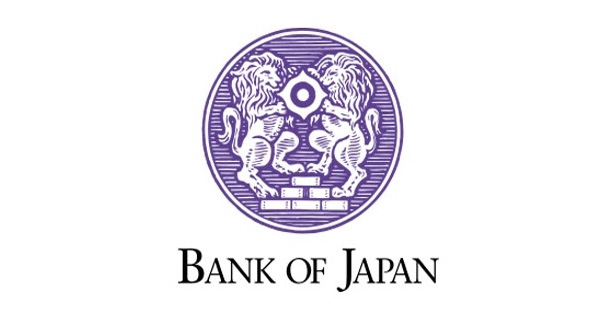The Bank of Japan (BOJ) declined to increase its monetary stimulus on Friday even as it delayed its time period for reaching a 2 percent inflation target for the second time this year.
Governor BOJ Haruhiko Kuroda and his fellow board members said in a report detailing updated economic projections that the slide in oil prices was to blame for reduced consumer-price forecasts for the coming two years. The bank now sees the inflation target reached around the six-month period through March 2017. At the start of this year, the expectation was for the goal to be realized in the fiscal year through March 2016.
Kuroda defended the decision to keep policy unchanged, saying that the central bank isn’t losing credibility and that its actions so far implementing an unprecedentedly large monetary stimulus program are having the intended effects. The timing of reaching the inflation target depends on oil, he told reporters in Tokyo. Kuroda, 71, reiterated that the BOJ won’t hesitate to adjust policy if necessary.
He said he didn’t see limits to further policy steps, amid concern among private analysts that the BOJ’s campaign — mainly purchases of Japanese government bonds, or JGBs — is running up against constraints. He didn’t think a limit on buying JGBs would come soon. The BOJ’s balance sheet is now in excess of the equivalent of two thirds of the size of the economy, more than the combined ratios of its US, euro region and UK counterparts.





